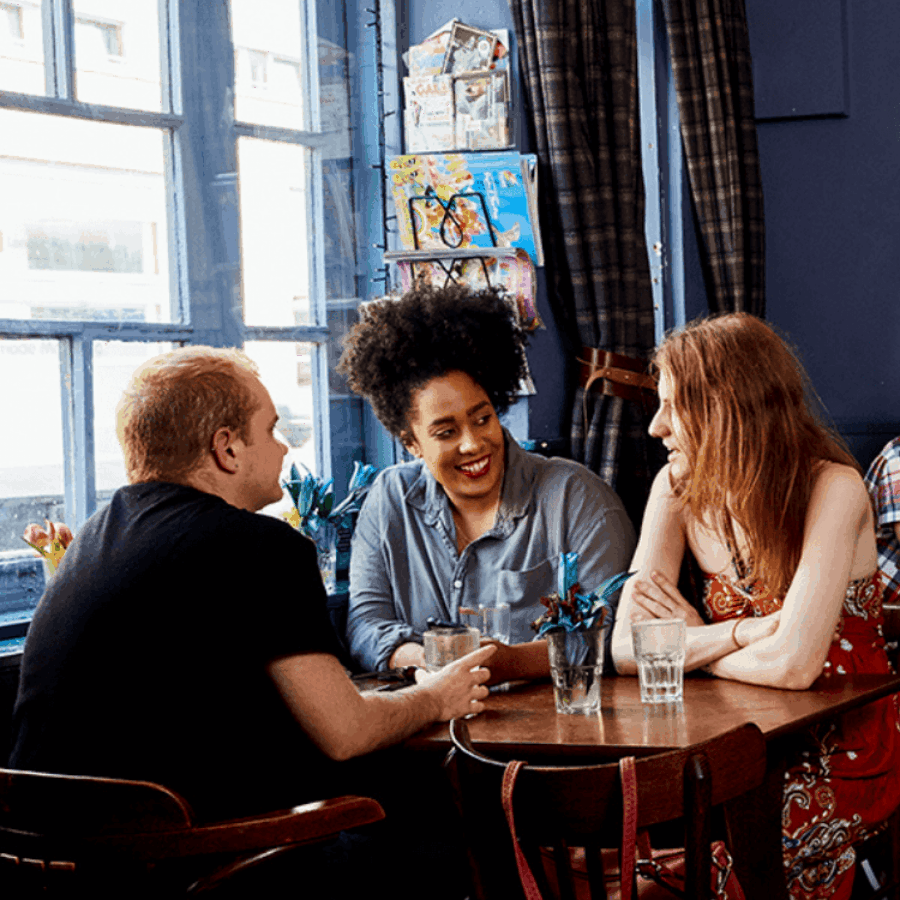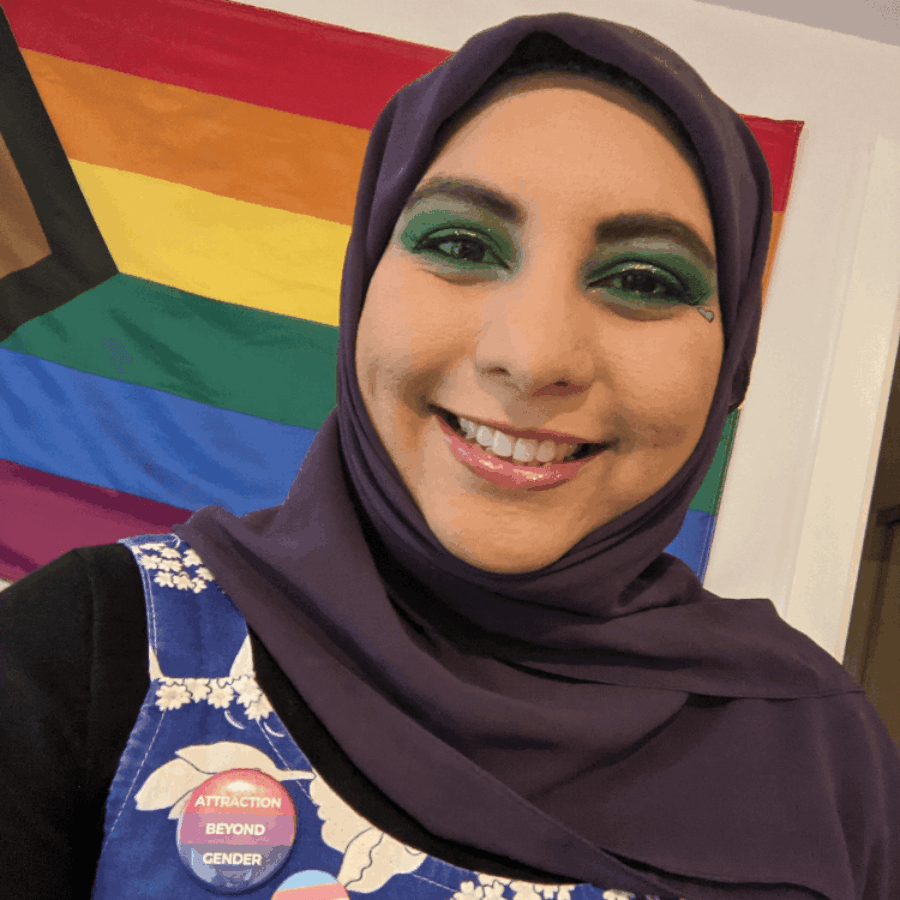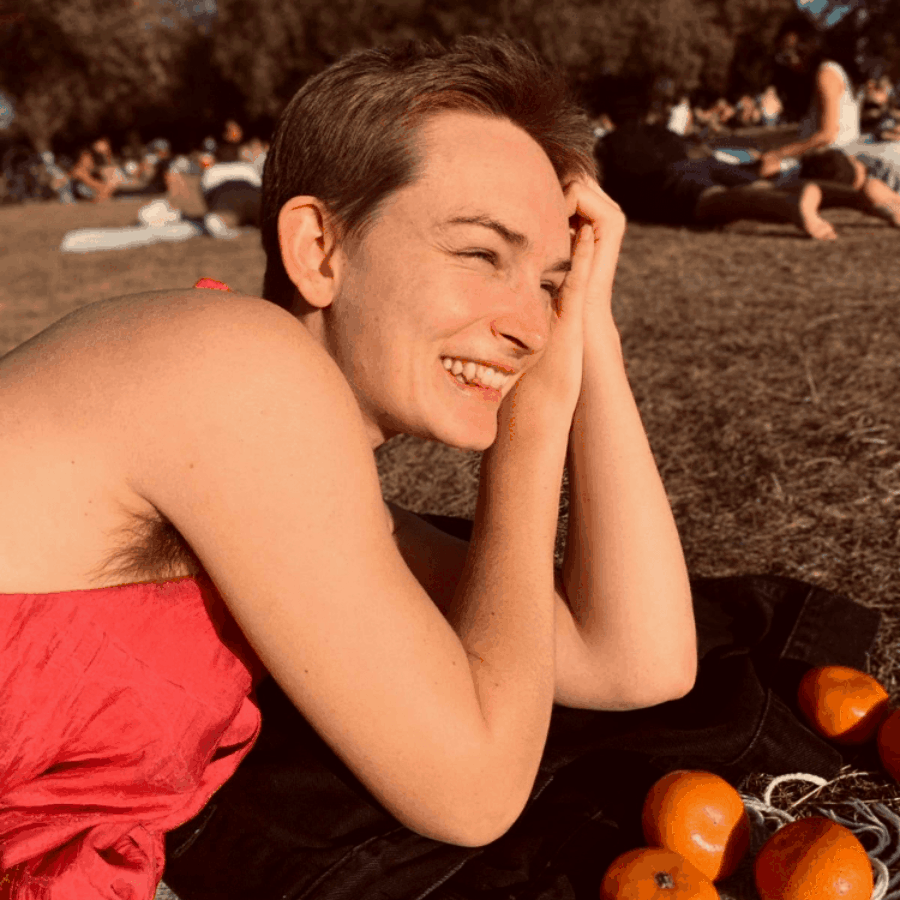
Bi Hub
Bi is an umbrella term used to describe a romantic and/or sexual orientation towards more than one gender. Bi people may describe themselves using one or more of a wide variety of terms, including, but not limited to, bisexual, pan, queer, and other identities.
Bi people have always existed but are often erased from our history books, ignored in the media or stereotyped and ridiculed. Bi people are real. Bi people are valid. Bi people have diverse experiences and identities. And bi people have been a crucial part of the fight for LGBTQ+ equality!
Organisations like Bi Pride, Biphoria, Bi Cymru and the Scottish Bi+ Network continue to build community and provide essential support to bi people across the country.
Biphobia, however, is often not recognised as a unique and harmful kind of prejudice. Both research and bi people’s stories show that there are very serious consequences to biphobia in society. Stonewall’s Bi Report (2020) shows that bi people experience alarmingly high rates of hate crime, sexual violence, bullying and exclusion in school and work as well as biphobia in and out of the LGBTQ+ community.
Some bi people face multiple types of discrimination, such as people of colour, people of faith, disabled people, working class people, and trans people. You can also learn about some of the ways biphobia can affect ace & aro spectrum bi people.







